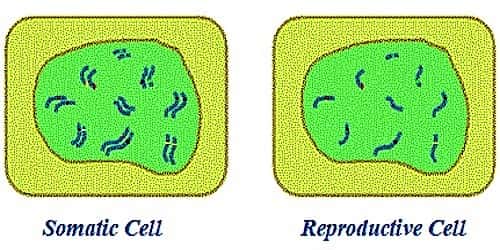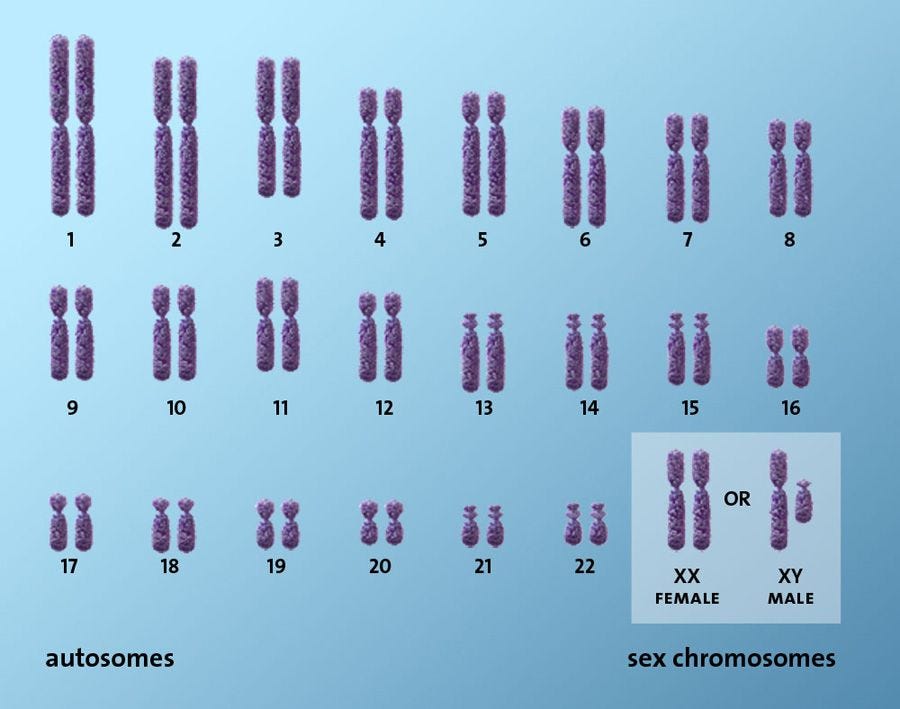What makes you Unique?
'God designed you the way you are for a purpose. Everything about you is UNIQUE!'
'You are UNIQUE and beautiful in your own way. Believe it!'
You might heard such quotes several times. They might have helped motivate you to keep going in life and feel better about yourself. Well however, they aren't just limited to that! The UNIQUENESS of each organism can also be proved by our good-old friend - Science!
Entire branches of biology - Genetics and Genomics are dedicated towards research in the uniqueness of individuals - i.e the DNA structure and sequencing.
Let me give you a brief intro of the topic:
DNA - Deoxyribonucleic Acid is a molecule of the shape of a double helix made of four nitrogenous bases is found in cells of living organisms. It carries genetic instructions for the development, functioning, growth and reproduction of the organism. DNA is known as the blueprint or code of life.
Gene - A gene is the basic unit of heredity (inheritance of characteristics from parents to offspring). It is a segment of DNA that directs the synthesis of a particular protein that controls specific characteristics of the organism like eye colour and height. Genome - A genome is all the genetic material of an organism. It basically consists of the DNA.
To make it simpler for you:
'A genome is like a whole cookbook which contains information of all the recipes, ingredients, and how to cook it.
Whereas, the gene is a specific recipe whose information by reading, we can cook a specific dish (protein/characteristic).'
➪It is said that 99.9% of all human beings' DNA are identical. That's the reason why we all share the basic features like each one of us has two hands, two legs, two eyes, one nose etc.
➪However, the 0.1% of the genetic variations among us is all what it takes to make each one of us UNIQUE and give varied traits in terms of appearance and behaviour!
Genomics - It is the study of all the genomes (genetic information) of all the cells of the organism's body.
Genetics - It is the study of the genes of the sex cells of an organism's body that determine the characteristics to be passed on to the next generation.
So now, as might have understood a bit about these two branches of biology, lets answer some trivia questions on them...Here are this week's three questions on genetics and genomics. Do not forget to comment your answers! I'll be posting the answers on 19th May (Wednesday).
All the best!👍
1. The DNA in the skin cells of your hand is significantly different from the DNA in your liver cells. True or False?
2. _______________ chromosomes are present in a human somatic cell.
3. _______________ genes are present in the human body.
Answers:
1. False.
All cells of our body apart from the sex cells/gametes (sperm cells and egg cells) are called somatic cells. All somatic cells have two full sets i.e. 23 pairs of chromosomes i.e. in total 46 chromosomes. They are thus called diploid cells. Gametes on the other hand have only one full set i.e. 23 chromosomes making them haploid cells.
So, skin cells and liver cells are also somatic cells. All somatic cells have the same DNA. Hence, the DNA in the skin cells is not significantly different from the DNA in the liver cells.
2. 46 chromosomes are present in a human somatic cell.
(or it can also be written like 23 pairs of chromosomes are present in a human somatic cell)
3. 20,000 to 25,000 genes are present in the human body.
Hi! I hope you liked my post!
Do remember:
'It's better to fail in originality than to succeed in imitation!
So, always cherish and be proud of your unique personality!'
So, wasn't it fun learning about what makes each one of us unique? Well, that's it from me for this week. I'll be back on Sunday with a new topic and new trivia questions!
Stay tuned...
**********************
COMMENT->












